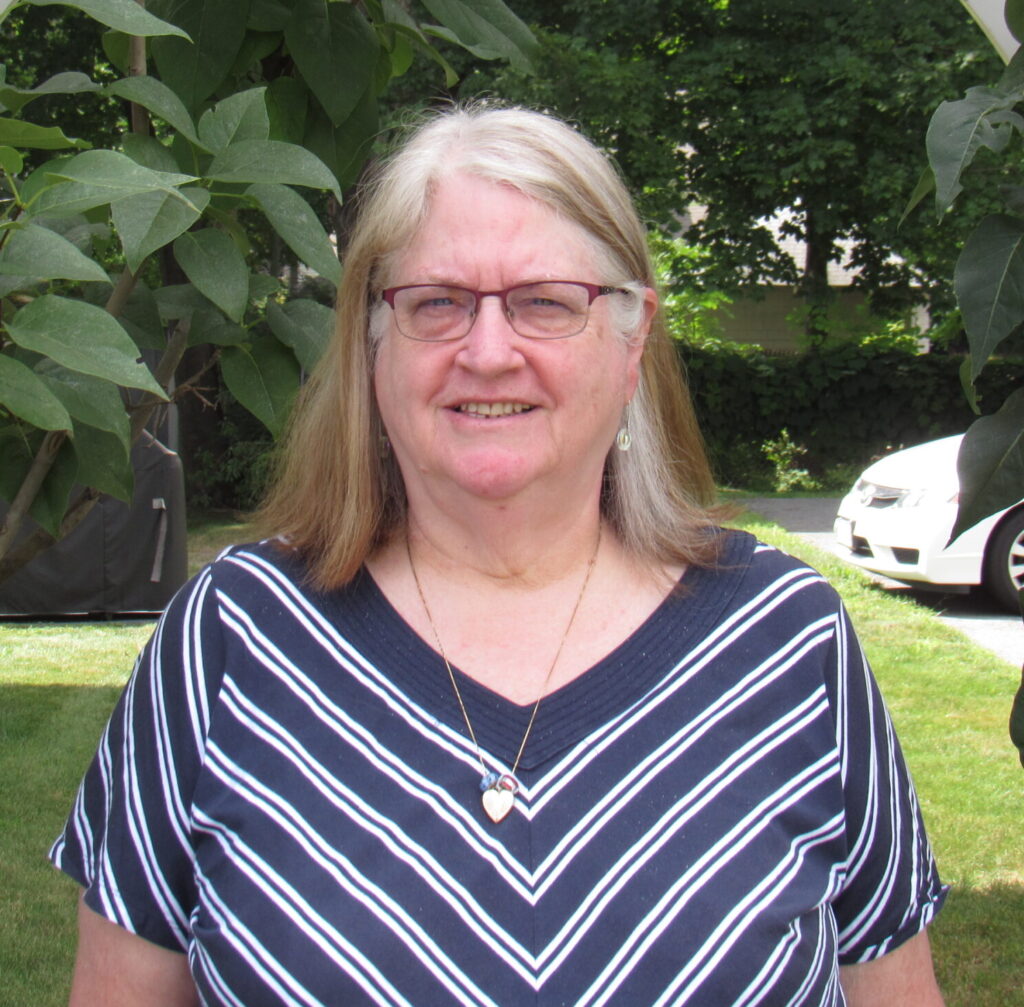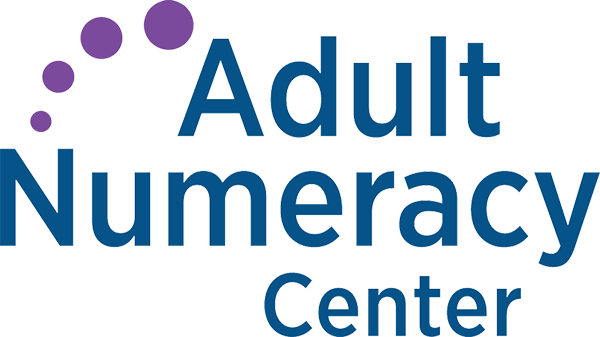Coming Full Circle

by Jean Merriam
My K-12 experiences as a math student were ideal: interesting and challenging enough to push me to progress, but not so overwhelming and frustrating as to derail me, like so many other math students. Calculators were not used back in my day (I know I’m dating myself), so students like me had to learn strategies and look for patterns, links, and relationships in the math. Today this would be called a combination of rigor, coherence, and engagement as we really had to interact and relate to the math concepts we were doing, but back then it was just how we learned. We also memorized a great deal since we could not just rely on a calculator or some other electronic technological device. Since I had been successful in math and enjoyed sharing a passion for numbers and logic, I left for college with the goal of becoming a math teacher. I wanted to work with those for whom math did not make as much sense or give them as much joy and satisfaction as it did for me.
Unfortunately, my freshman algebra 2 course experience was like having ice-cold water thrown in my face. It was very different from the engaging, thought-provoking math classes to which I was accustomed and enjoyed so much. In fact, it was everything a math student dreads: a teacher that gave pages of homework with little to no instruction except what we had read in the text, questions met with a lot of math scribbled on the blackboard (I know, dating myself again!) without any explanations, and useless office hours seeking help from a professor who could not understand why her students were not getting the math concept. The two-hour twice-a-week late afternoon classes were so tedious and frustrating, I had to struggle to attend, stay awake, and comprehend the math. I felt so alone in this struggle. Despite my best efforts, after midterms I still only had a C—a grade I had never received before, especially in math. This negative experience with math and the math faculty at this college and how they taught and interacted with their students caused me to make a life-altering decision! I switched my major to become an English teacher and completed the other three math and science basic core requirements by taking three sciences but no more math.
Unfortunately, these dubious youthful decisions were some I have questioned numerous times in my life, especially when I was overwhelmed correcting all my students’ English essays and writing countless college recommendation letters. So, I have shared my experiences with my students throughout my career as a cautionary example of why they should always keep all their options open and not make a decision in the heat of the moment. Fortunately, I found other ways to use my aptitude for and fondness of math as “breaks” from teaching English by helping students with math in study hall or after school as a coach supervising my players until our practices started. My enthusiasm for the subject and my ability to understand not only the math but to also sense what could be confusing to students (coupled with the benefit of hindsight of my previous decisions) made another major life decision easy. I still felt the desire to help others, especially in math, so instead of retiring from teaching entirely, I made the jump to adult education where I could teach both ELA and math.
Although I was only certified to teach English, I knew I possessed the content knowledge and was capable of teaching both. Just as importantly, I had learned in my journey that simply being good at a subject does not make someone an effective instructor. When a subject comes easily to a person, she or he may fail to comprehend why it confuses others and what can be done to promote comprehension.
Having experienced both the highs and lows of learning and teaching math, I understand both a student’s and a teacher’s perspective on the somewhat difficult and often confusing subject of math. Hopefully my experience has made me more effective and relatable. The range of my experiences as a math student has influenced my approach to teaching math. I like to use games, fun and engaging activities, and helpful strategies to help students learn math. I understand many students have had bad experiences with math (myself included) and since math tends to be the subject most people struggle to do or totally avoid doing whenever possible, I try to turn their frustrated “ughs” into something more fun. Unfortunately for some adult students, the bad experiences with math and school in general present overwhelming obstacles. Some do not want to do any work, or do the very minimum, and are not motivated to attend class on a regular basis. Other students sign up for classes with the best of intentions but have so many other distractions in their lives that they struggle to make class a priority.
As a math teacher, I want to try to turn things around for these students. A lot of time and effort goes into every lesson, and I aim to go into each class excited about what I have planned and hopeful that I can get at least one student to dread math less and achieve success more. If I can, then I feel I have made a difference! Just seeing the “light bulb” dawn for a student or hearing someone say, “Oh, now I get it!” gives me the same rush I used to have when I was learning math so many years ago. I know that I have come full circle and am doing what I should be doing.

After a career teaching grades 7-12 ELA and math, special guest blogger Jean Merriam switched to educating those for whom schools were not successful. For 11 years she taught math, reading, writing, social studies, and science to students pursuing their high school equivalency credentials. Since January 2021, Jean has focused solely on instructing those students most in need of skill building, support, strategies, and success in the critical subject of math. Outside class, Jean loves spending time with family and friends; enjoying riddles, board games, music, and movies; coaching for Special Olympics; and welcoming each day as an exciting opportunity with new things to learn and experience.
